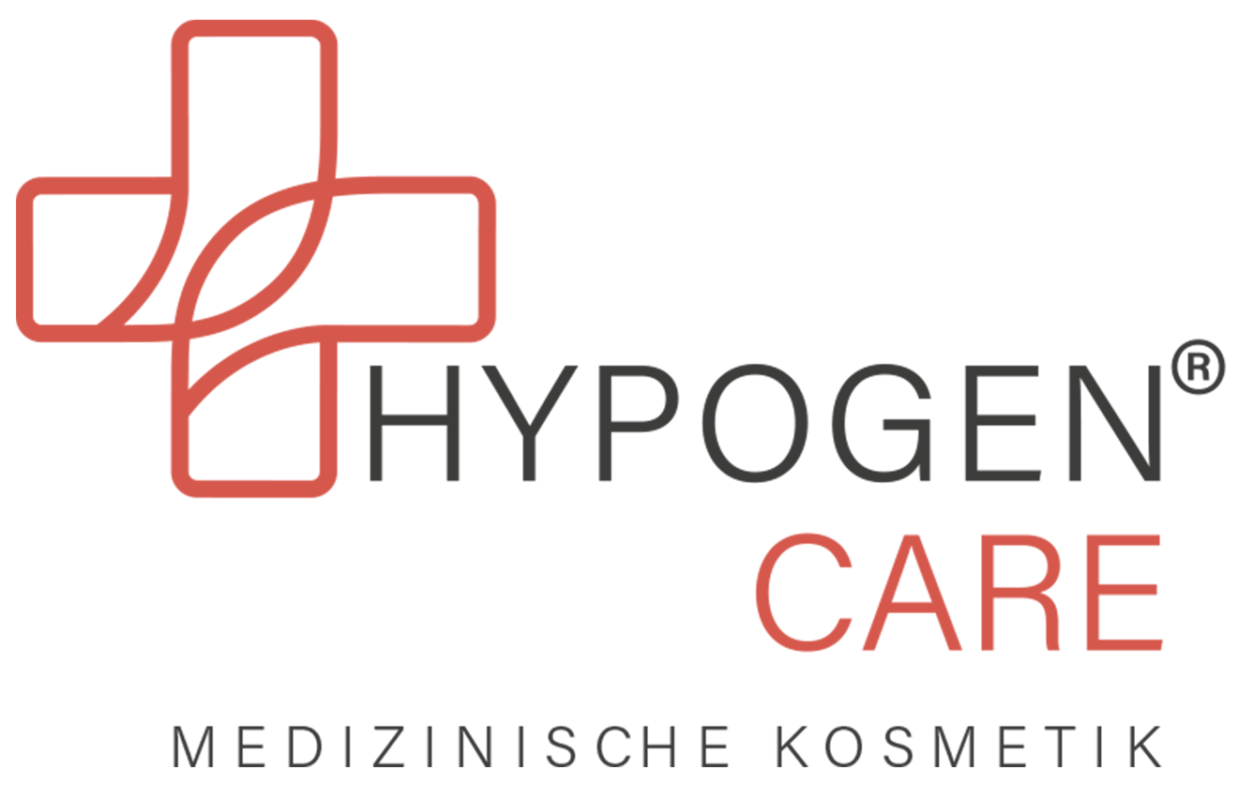SKIN
Psoriasis
The effect is dermatologically confirmed
In general, good skin care according to this recommendation can be expected to significantly alleviate the symptoms within 2 weeks in more than 85% of cases.¹ In particular, itching is significantly alleviated and the external appearance of the affected areas is improved. This considerably improves the quality of life.
In case of (suspected) psoriasis, a doctor should be consulted without restriction.
Which care set should be used for psoriasis?
All care products for psoriasis are included in the HYPOGEN CARE Neurodermatitis & Psoriasis Acute Care Set!
Recommendation
The body should only be washed with HYPOGEN CARE Shower Foam. The Shower Foam is so mild and has such a low proportion of surfactants (detergents) that it cleans as gently as possible. For hand washing, HYPOGEN CARE Washing Lotion is recommended instead of the shower foam. After washing, rinse the cleansed skin areas thoroughly.
Then apply HYPOGEN CARE LLS Care Cream to the skin - be gentle on the affected areas. The cream should be applied after every shower or cleansing.
If the skin is generally very dry, HYPOGEN CARE Skin Care Oil should be massaged into the skin before using LLS Care Cream . This should also be done gently on the areas of skin irritated by the psoriasis. Applying the skin care oil in this way relaxes the skin and reduces its susceptibility to tearing.
If the areas affected by psoriasis are inflamed, HYPOGEN CARE Wound Care Fluid should also be applied after LLS Care Cream or HYPOGEN CARE Wound Care Lotion for acute inflammation. Gently apply a thin layer of Wound Care Fluid or Wound Care Lotion to the affected areas and do not wash or wipe off, but allow to absorb or dry. Cracked skin can also be treated locally with Wound Care Lotion (thin application).
For facial care in particular, the use of HYPOGEN CARE Facial Cleanser in combination with HYPOGEN CARE Make-up Remover Oil (if required) is recommended. This replaces Shower Foam in the treatment procedure described above.
Features
Psoriasis is an inflammatory, non-contagious disease. It is primarily characterized by reddish, scaly skin changes that can itch. The chronic disease typically progresses in episodes - sometimes with more severe, milder or no skin problems at all.
Referenced terms
1 Result of clinical tests by the Department of Dermatology at RWTH Aachen University Hospital and the Department of Dermatology and Allergology in Aachen.
*The recommendations of the navigator on symptoms, diseases, etc. are not a substitute for professional advice or treatment by a doctor. In general, it is advised to consult a specialist for medical guidance in case of skin diseases. The recommendations of the navigator must not be used for independent medical treatment: The correct classification of symptoms, diseases and clinical pictures, etc. can only be provided by a physician, especially in the case of multiple diseases.

